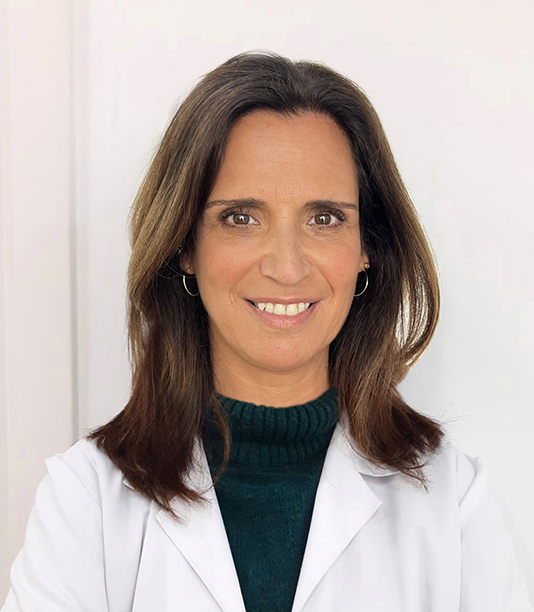Menopause Consultation
Menopause is a gynaecological condition that affects women physically, mentally, and socially. To support you throughout this process, it is essential to have a specialist who can guide you with a multidisciplinary, personalised, and integrative approach.
Menopause: A Natural Phase with Health Challenges
Menopause is a natural phase in a woman's life, marked by the definitive cessation of menstruation, usually occurring between the ages of 45 and 55. This hormonal transition causes a series of changes in the body, including a reduction in oestrogen levels, which can result in hot flashes, night sweats, loss of bone mass, urogenital atrophy, vaginal dryness, sleep disturbances, mood changes, and decreased libido. Approximately 50% to 75% of women experience vasomotor symptoms during menopause.
There is an increased prevalence of obesity, metabolic syndrome, cardiovascular diseases, and osteoporosis, making a focused and personalised approach to managing these factors essential. Weight gain is a common concern, affecting 60% to 70% of women during this phase, due to decreased oestrogen levels, which favour the accumulation of visceral fat associated with a higher risk of metabolic diseases. The reduction in basal metabolic rate and changes in body composition also contribute to sarcopenic obesity, characterised by loss of muscle mass and an increase in fat mass.
Sleep deprivation, often associated with menopause, can exacerbate weight gain and increase the risk of type 2 diabetes by disrupting hormones that regulate appetite, such as ghrelin and leptin.
The Importance of Multidisciplinary Intervention
If you already have your gynecologist's diagnosys and hormone replacement therapy (HRT) is not an option for you, a multidisciplinary approach is crucial for the well-being of women during menopause.
Nutrition plays a vital role in helping to control weight, reduce inflammation, and improve quality of life. Additionally, other lifestyle factors, such as regular physical activity and stress management, can be equally important. In some cases, supplementation and complementary therapies, such as acupuncture, should also be considered, providing an integrative, personalised, and effective approach to managing these conditions.
Doctors who perform this medical procedure

Filipa Marques Bernardo
A chemical engineer by training, with a degree in Nutrition from the Escola Superior de Tecnologia da Saúde de Lisboa, additional training in Chinese Medicine from Chengdu University (China), and a Master’s in Evidence-Based Nutritional Supplementation.
She specialises in women's integrative health, with a particular focus on menopause and endometriosis, combining clinical nutrition with laboratory assessments and an integrative approach supported by Chinese Medicine. Her approach provides comprehensive and personalised care that complements conventional medical treatment.
She has developed an integrative natural treatment programme specifically designed for women in the pre-menopause or menopause phase who cannot or prefer not to undergo hormone replacement therapy. This programme includes a detailed consultation with an initial symptom assessment, biochemical tests to identify nutritional or hormonal imbalances, and a personalised therapeutic plan incorporating nutrition, supplementation, and phytotherapy tailored to each woman’s specific needs.
She has delivered several lectures and is the co-author of a scientific article (currently under review) on the role of the FODMAP diet in endometriosis symptoms.
Main areas of consultation:
-
Menopause and pre-menopause without hormone replacement therapy
-
Endometriosis, polycystic ovary syndrome, and fertility
-
Women's integrative health


